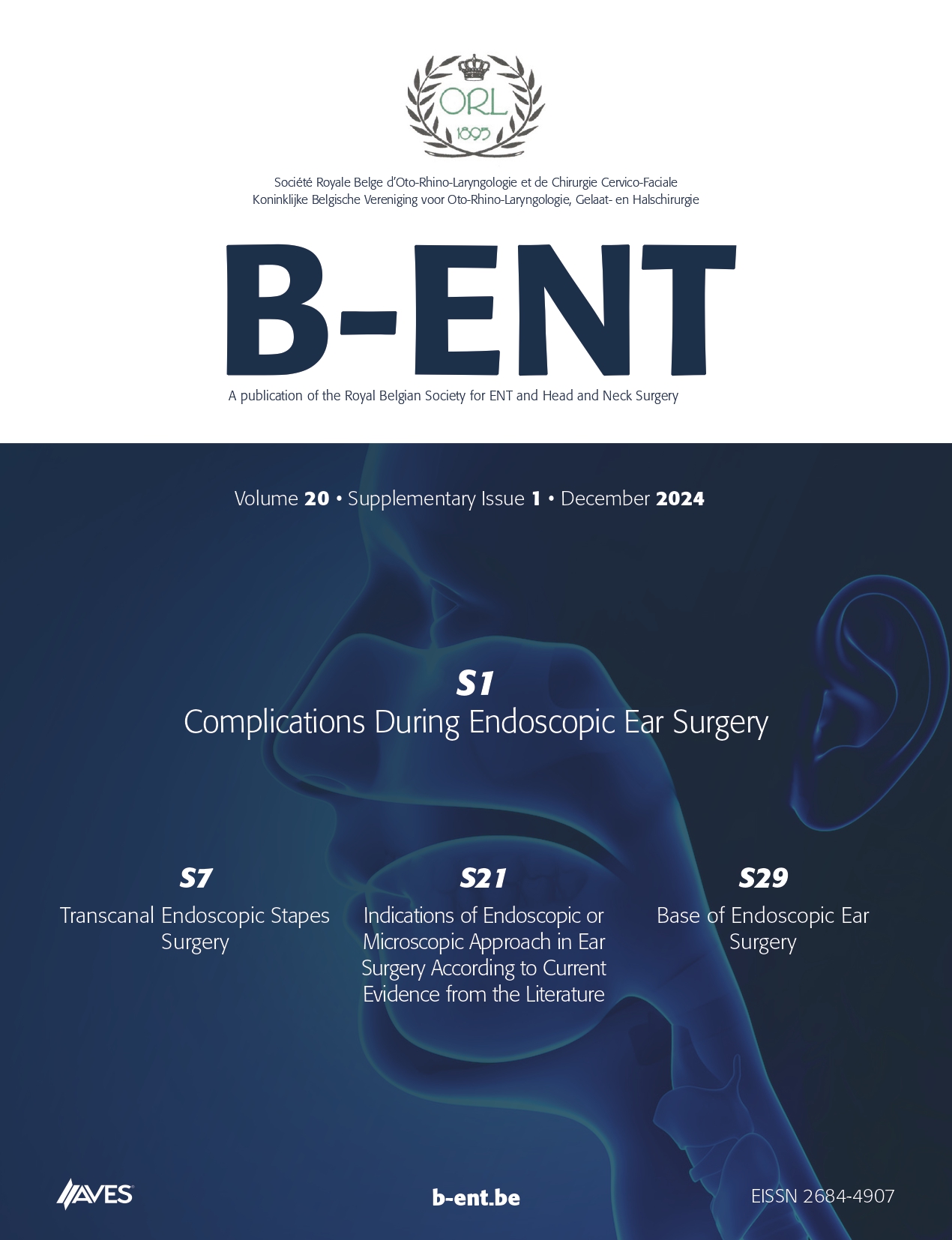Development of a Tool for Global Rating of Endoscopic Surgical Skills (GRESS) for Assessment of Otolaryngology Residents. Objective: To develop a valid and reliable assessment tool for endoscopic sinus surgery (ESS).
Material and methods: Data were collected prospectively in an observational study through evaluations at two tertiary academic institutions, i.e. St. Paul’s Sinus Centre, St. Paul’s Hospital, Vancouver, British Columbia, Canada, and King Fahd Medical City, Riyadh, Saudi Arabia, from December 2006 to December 2009. A 2-page evaluation form was developed in conjunction with the Objective Assessment of Technical Skills Surgery (OSATS) evaluation form developed by Reznick et al in Toronto to assess residents’ surgical skills. A Likert scale (1-5 where 5 = excellent) was used for evaluations. The Global Rating of Endoscopic Surgical Skills (GRESS) evaluation instrument was designed with input from academic otolaryngologists, fellowship-trained rhinologists, and experts in medical education. The experts’ comments were incorporated, establishing face and content validity. Residents from various levels of training were assessed objectively using this instrument. Internal consistency was evaluated using Cronbach’s α. Test-retest and inter-rater reliability was measured using intra-class correlation.
Results: A total of 31 assessments were completed by 15 residents. GRESS showed high reliability in the context of internal consistency (α = 0.99), test-retest (0.95, CI = 0.83-0.98), and inter-rater reliability (0.86, CI = 0.31-0.98).
Conclusions: This pilot study demonstrated that GRESS is a valid and reliable assessment tool for operating room performance.



.png)
